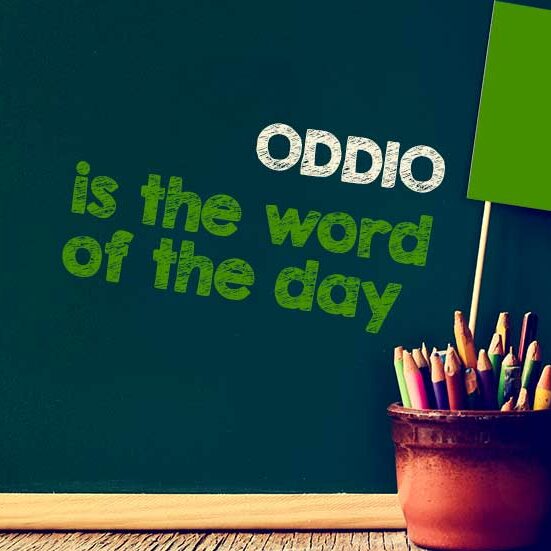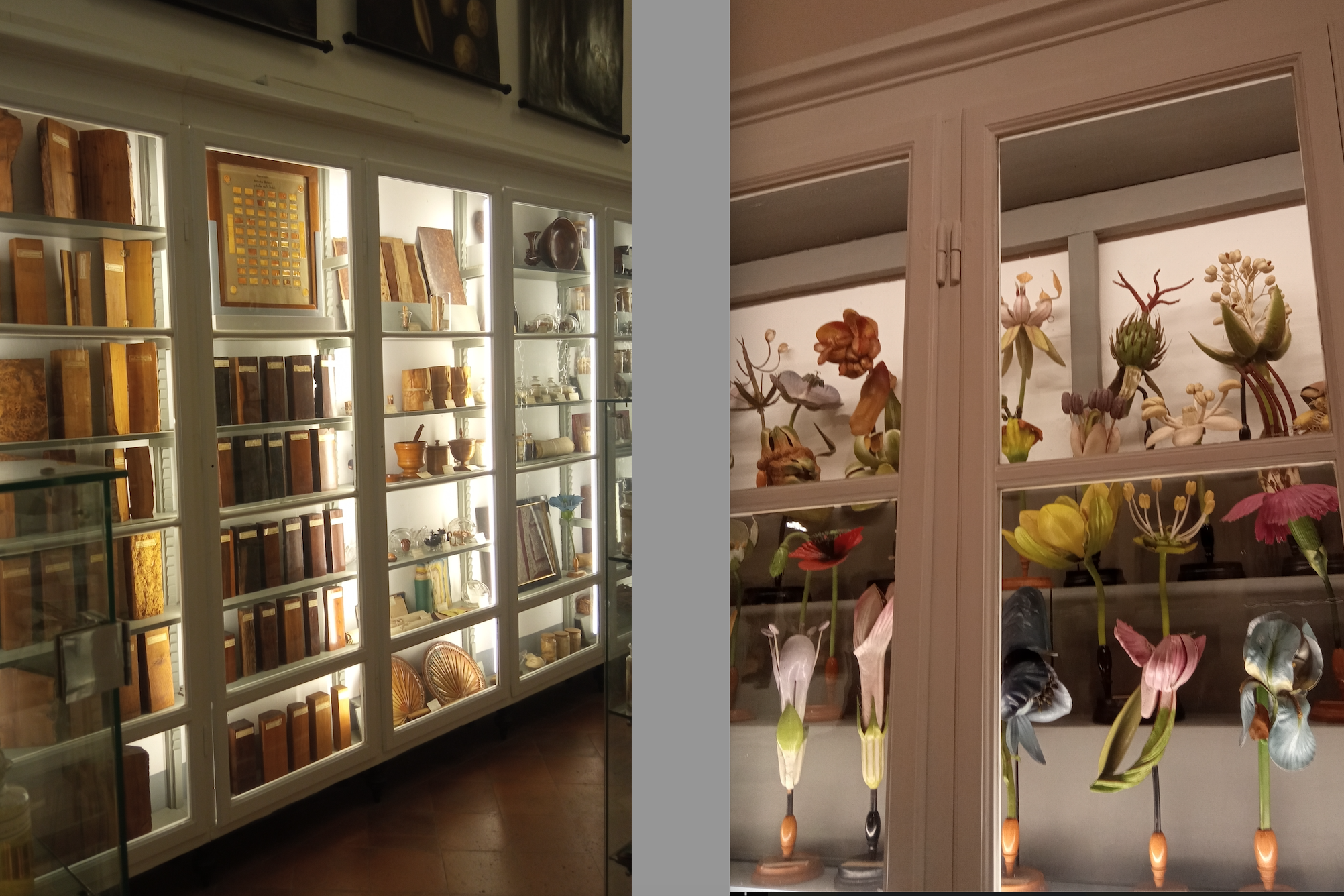Word of the Day
Today’s word is full of… drama! If you have spent any time around Italians – especially in moments of surprise, exasperation, or even gossip – you have probably heard the word oddio (ohd-dee-oh), a short, sharp, and expressive adverb, which …
The Italian word diamine (dee-ah-me-nai) is one of those expressive interjections that adds flair, emotion, and color to everyday conversation. Though not offensive or vulgar, it belongs firmly in the category of informal language and is used to express surprise, …
The Italian word gioviale (djo-veeah-lai) carries a bright and cheerful meaning, as it describes someone or something as merry, good-humored, convivial and friendly. Its etymology is directly linked to the ancient Roman god Jupiter or Giove in Italian: in Classical …
The Italian expression senz’altro (sehn-tzal-troh) is a widely used phrase that translates to “certainly,” “of course,” or “without a doubt” in English. It is a way to affirm something with confidence and conviction, often implying an immediate or unquestionable response. …
The Italian word fiasco (fee-ah-skoh) originally refers to a type of bottle, specifically a round-bottomed glass flask often encased in a straw basket, traditionally used for Italian wines like Chianti. So, if you are at a local osteria somewhere in San …
The Italian word qualsiasi (kual-see-ah-see) is a commonly used adjective and pronoun meaning “any,” “whatever,” or “whichever,” depending on context. It is used to express indifference among a set of possibilities or to indicate that a statement applies universally within …
The Italian word capriccio (cah-pree-tcho) has changed its meaning over centuries and if today we associate it to something we do on a whim, or to impulsiveness, once upon a time it also meant “discomfort.” Its etymology is linked to …
The Italian word aggeggio (A-dje-djo) is a delightfully versatile term that refers to a gadget, contraption, or small device, often of uncertain or questionable use. Its flexibility in meaning and usage makes it a staple of colloquial Italian, suitable for …
The Italian word malanno (mah-lahn-no) is an interesting and versatile term with layers of meaning and cultural significance. Its most common translation into English is “ailment” or “illness,” but its usage often extends beyond physical sickness to include mishaps, misfortunes, …
The Italian word dunque (doon-kuai) is a common conjunction and discourse marker, used to indicate consequence, inference, or to draw attention in conversation. Its etymology traces back to the Latin tunc (“then,” “at that time”) which, over time, evolved into the forms dunc or donque in Vulgar Latin …




































